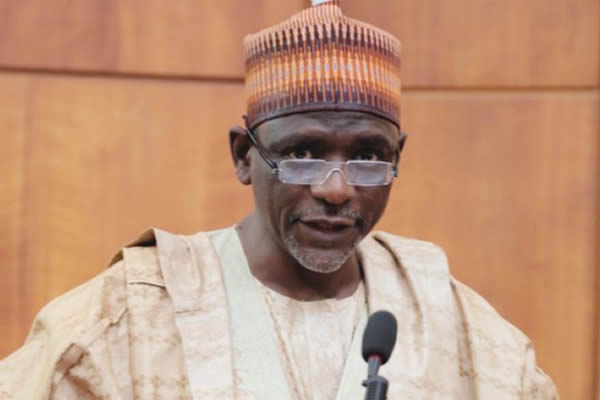
•It goes beyond simple declaration; education stakeholders will do a lot more work to achieve this objective
Minister of Education, Mallam Adamu Adamu, has finally confirmed the abolition of the controversial dichotomy between the Higher National Diploma (HND) and university degree of Bachelor of Science (BSc) that has raged for a long time. The National Council on Establishment (NCE) and the Federal Executive Council (FEC) have also given their approval for the abolition of the dichotomy after a careful consideration of a policy that affects millions of Nigerian students.
Expectedly, mixed reactions have trailed this decision, mostly from academics in the universities. Some of the reasons, which are quite legitimate, centre on the disparities between admission requirements for the universities and qualifications of teachers (lecturers and professors) as well as curricular in the universities and polytechnics. The cut-off points for admission into universities and the polytechnics are remarkably different, a condition that shows the different qualities of students admitted to both. In most cases, it is students whose grades at the Joint Admissions and Matriculation Board (JAMB) examinations cannot qualify them to get admission into the universities that opt for the polytechnics.
Apart from entry requirements, there seems to be a wide gulf between the qualifications and quality of teaching staff of both institutions of higher learning. In some cases, it is the university graduates that are teaching the students in the polytechnics. On the other hand, the minimum qualification for a lecturer in the university is PhD degree from where individual lecturers would move up, through research and publications, to Senior Lecturer, Reader (Associate Professor) to full Professor. There seems to be no corresponding demand in the polytechnic where professors are hard to come by, if they ever exist. It is the preponderance of professors and high calibre of academic staff in the university system, the compulsory nature of the job of these academics in relation to research and publication, and involvement in post-graduate studies that lead to master’s and doctorate degrees that stand out university (at least in Nigeria) from the polytechnic and related higher institutions of higher learning.
This often makes it difficult for a staff to cross over from the polytechnic to the university. And it is well known that the qualities of academic research and publications of university teachers are not the same with those of polytechnic teachers, even to the extent that it is difficult for a senior lecturer in the polytechnic to cross to the university with the hope of retaining his position as senior lecturer, or move from polytechnic to become a professor in the university. It is also important to know that lecturers in the polytechnic often do higher degrees like Master’s and Doctorate degrees in the universities while on their jobs at the polytechnics precisely because it is the universities established for teaching and research that are well equipped, both in manpower and infrastructure, to combine post-graduate with undergraduate studies.
We see nothing inherently wrong in the abolition of this dichotomy if only the government would address some of the pertinent issues raised about entry requirements for both, as well as the quality of teachers in the polytechnics which cannot compare favourably with those in the universities where the minimum qualification for teaching is PhD degree and the highest is the professor, which makes the university different from the polytechnics. The world over, universities are ranked on the basis of quality of staff, research and academic qualifications, contribution to knowledge at the local and global levels, qualities of degrees, infrastructural development and potentials for growth.
In all these, polytechnics do not seem to be in the reckoning. Therefore, we need to harmonise all these, because polytechnic education and university education are supposed to focus on slightly different aspects. Unfortunately, the polytechnics, particularly, have not been able to meet the requirements of the practical education that they are supposed to offer due to lack of funds and facilities.
All said, we have to streamline the curricular, admission requirements, quality of staff, teaching and research in both to reflect the new realty if the abolition is to have any meaning in the long run.
END

Be the first to comment